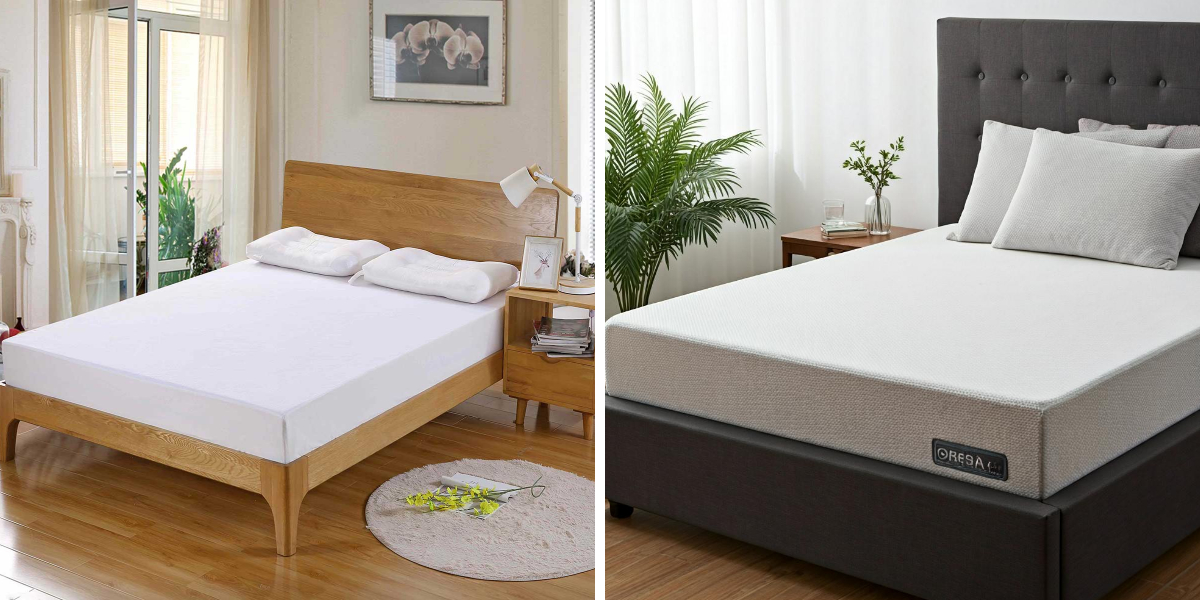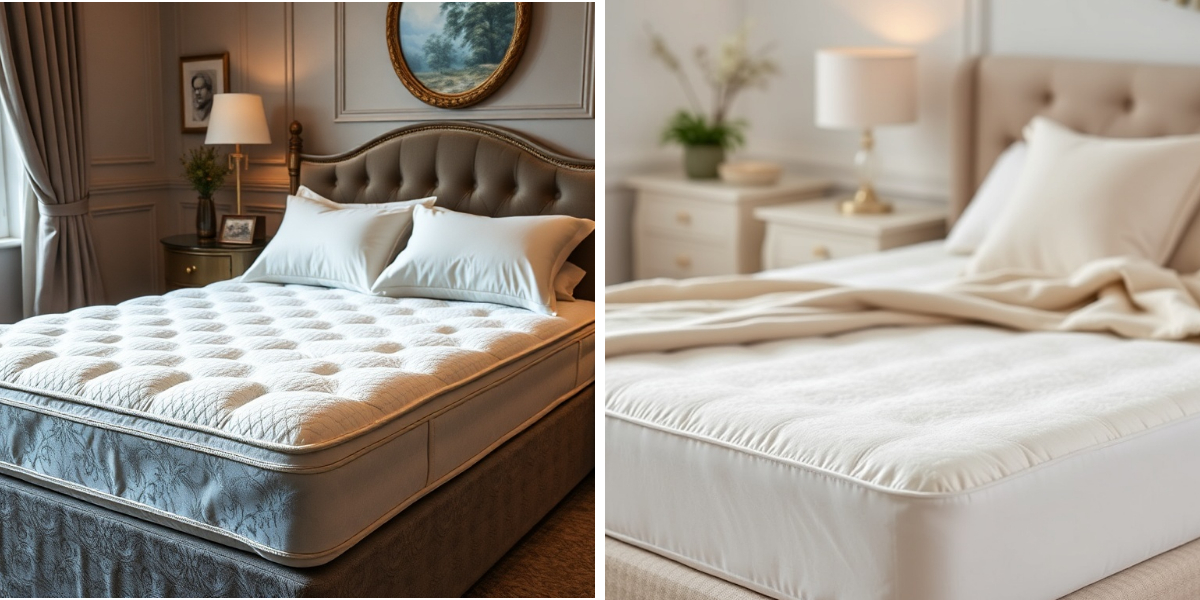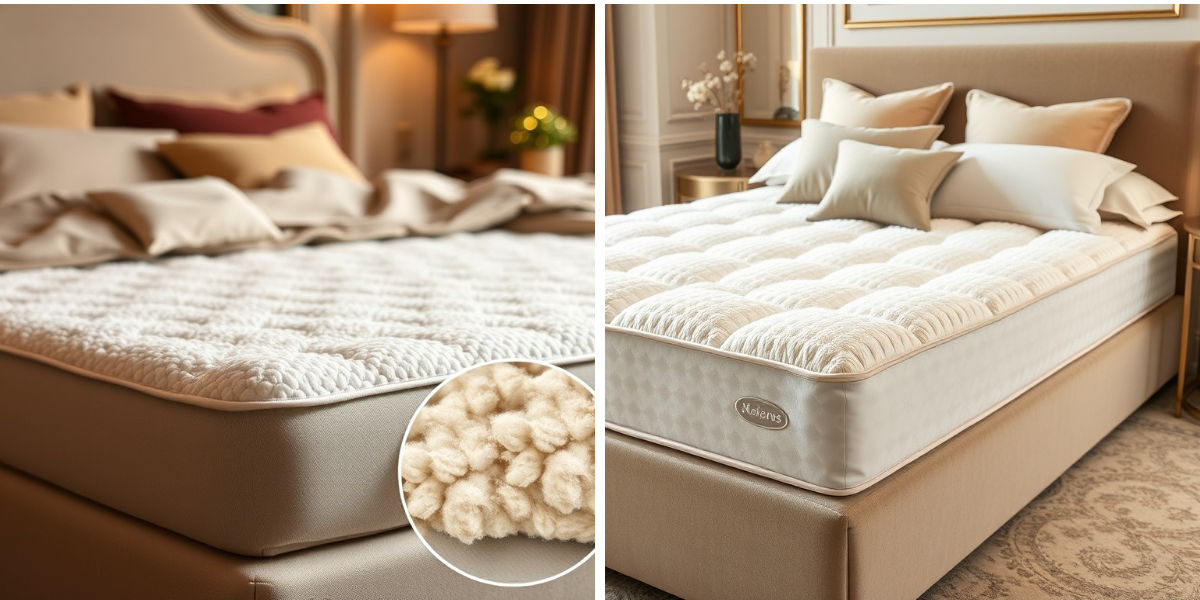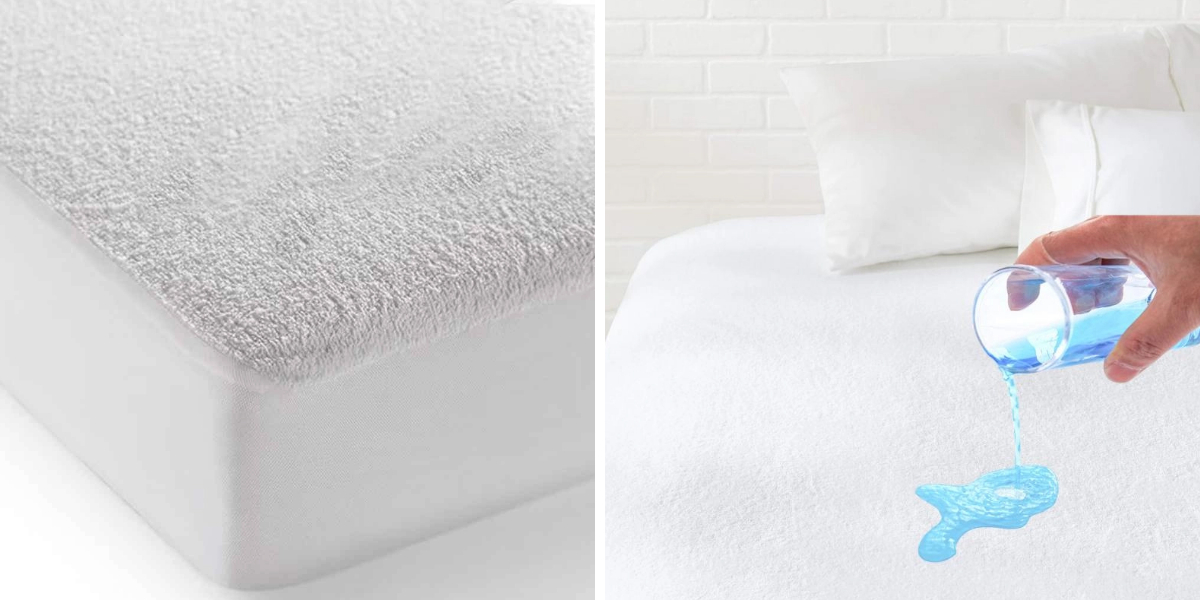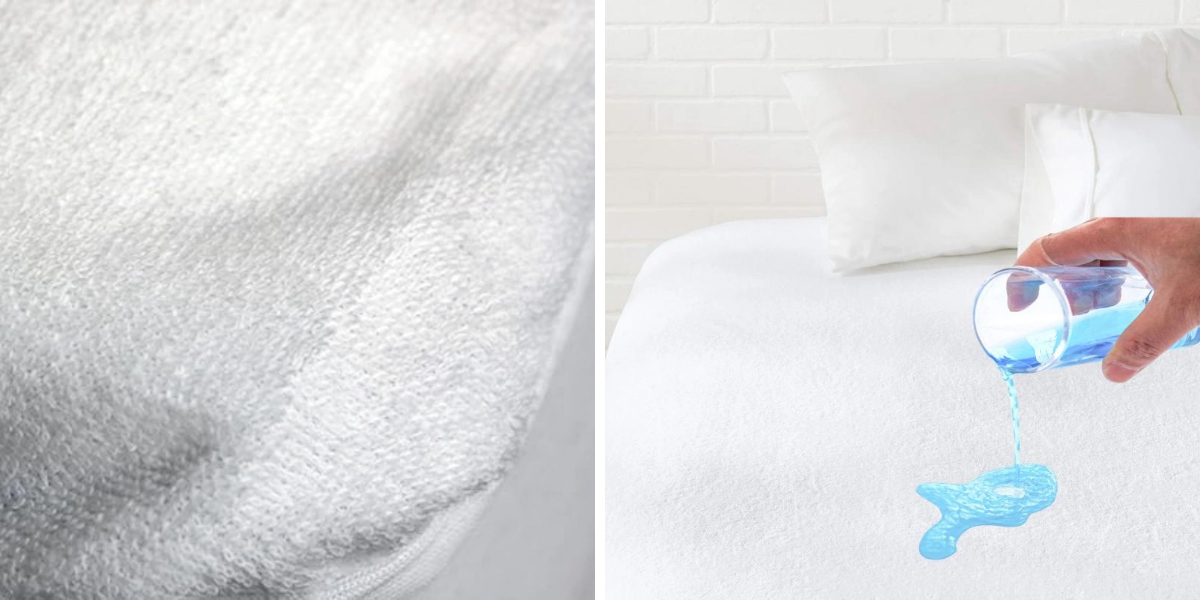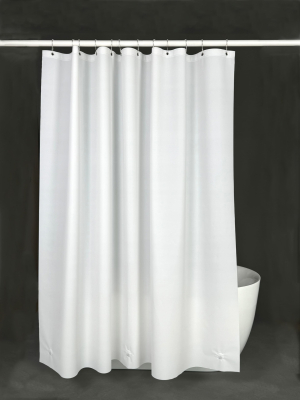Is a Wool Mattress Protector Worth It? A Complete Buyer’s Guide
If you’ve been looking around for a better mattress protector and keep stumbling across “wool mattress protector” recommendations, you might be wondering—is it actually worth it, or is it just another trendy bedding upgrade?
Let’s walk through it in a simple, down-to-earth way so you can decide whether wool is the right pick for your bed.
Why People Are Switching to Wool Mattress Protectors
A lot of folks I know started trying wool bedding because they wanted something more natural and breathable. Wool isn’t new—we’ve used it for clothing and blankets forever—but using it in a mattress protector has honestly become a quiet little trend.
Here’s why people like it:
1. Wool helps you stay cool and warm at the right time
The biggest reason people choose a wool mattress protector is temperature control.
Wool fibers naturally pull moisture away from your body and let air move through, so if you’re a sweaty sleeper, it helps. If you’re cold at night, it keeps a warm layer around you without overheating. It kind of adapts to what you need—something synthetic protectors can’t do as well.
2. It’s naturally hypoallergenic
Dust mites don’t love wool because it regulates moisture so well.
If you’ve been dealing with allergies or wake up stuffy, a natural wool mattress protector can be surprisingly helpful.
3. Wool is quieter than plastic-style protectors
If you’ve ever slept on a waterproof protector that crinkles every time you roll over… yeah, not fun.
A wool protector stays soft, flexible, and quiet. Even with a waterproof membrane underneath (some versions have one), it still feels like real fabric—not plastic.
4. Better durability
A good organic wool mattress protector can last years longer than cotton or polyester styles. Wool fibers bounce back instead of flattening like synthetic fills.
But Is a Wool Mattress Protector Actually Worth It?
Short answer: for most sleepers, yes—but it depends on what you need.
Let’s break it down by different types of sleepers so you can see where you fit.
✔ For hot sleepers
If you run warm at night, wool is one of the best options out there.
Cotton absorbs moisture but doesn’t keep pulling it away. Polyester traps heat.
Wool does both: it absorbs and releases moisture, keeping your body temp steady.
✔ For cold sleepers
You’d think wool is only for winter, but it actually balances heat. That means it insulates gently without making you sweaty.
✔ For allergy-prone sleepers
A hypoallergenic wool mattress protector helps minimize dust mites, mold, and mildew—big triggers for allergies.
✔ For people who want natural bedding
If you try to avoid synthetic materials, wool is a great upgrade compared to polyester-filled protectors.
✔ For people who prefer a quiet, plush feel
If you dislike the “plastic sheet” feeling, wool is an easy yes.
When a Wool Mattress Protector Might Not Be the Best Choice
Let’s be honest—wool isn’t perfect for everyone.
Here’s when it might not be the right match:
❌ You need 100% waterproof protection
Wool is water-resistant, not fully waterproof.
Some brands add a waterproof layer, but a pure wool protector won’t protect your mattress from spills the way a waterproof mattress protector does.
❌ You’re on a tight budget
Wool protectors cost more. Not insanely high, but more than cotton or polyester options.
❌ You’re sensitive to wool texture
Even though wool mattress protectors never feel itchy (they’re usually wrapped in cotton), some people are sensitive to the idea of wool near their skin.
How to Choose the Right Wool Mattress Protector
If you’re considering buying one, here’s what actually matters:
1. Look for 100% natural or organic wool
This ensures you get all the moisture-wicking and temperature-balancing benefits.
2. Check the fabric top layer
Most wool protectors are wrapped in cotton—look for:
organic cotton
soft quilted cotton
breathable knit cotton
Avoid anything that feels stiff or coated.
3. Decide if you want waterproofing
If spills are a concern, choose a wool + waterproof membrane protector.
If you want pure natural comfort, stick with a non-waterproof one.
4. Check the depth
A good protector should fit your mattress snugly, especially if you have a taller or pillow-top mattress.
5. Make sure it’s machine-washable
Not all wool protectors can be tossed in the washer. Some are spot-clean only.
If you need low-maintenance bedding, choose a washable version.
Caring for a Wool Mattress Protector
This part is simpler than people expect:
Air it out often—it naturally refreshes itself.
Spot clean small spills.
If washable, use cold water and mild detergent.
Never throw it in high heat; wool shrinks.
One reason wool lasts so long is that it rarely needs deep cleaning.
So, Is a Wool Mattress Protector Worth It?
If you're after comfort, breathability, and natural materials, then yes—a wool mattress protector is absolutely worth the upgrade.
It gives you a more stable sleeping temperature, adds a layer of softness, and avoids that stiff or noisy feeling you get from synthetic protectors.
For people who need waterproofing or are on a tight budget, it may not be the perfect match. But for most sleepers who want a comfortable, long-lasting, natural mattress protector, wool hits the sweet spot.

